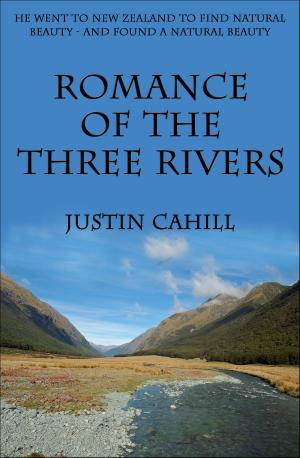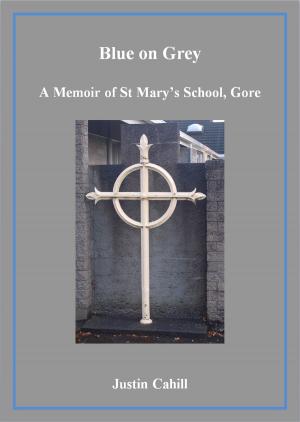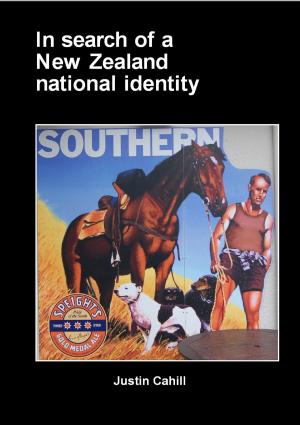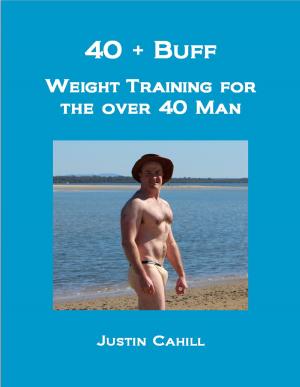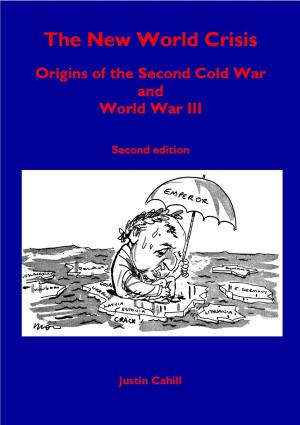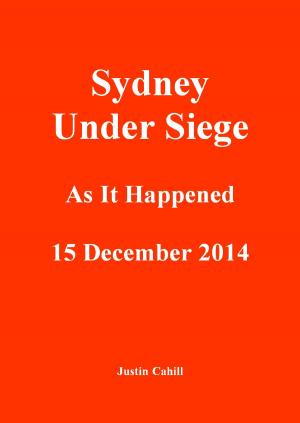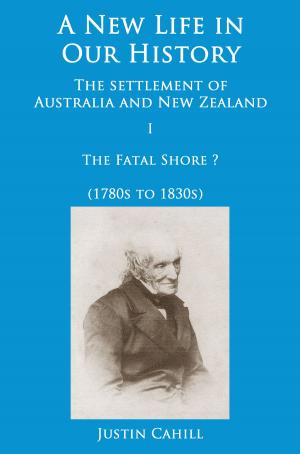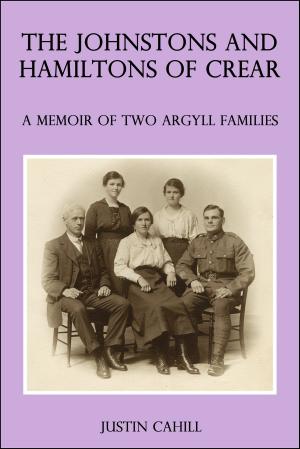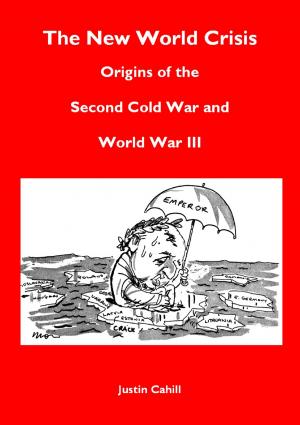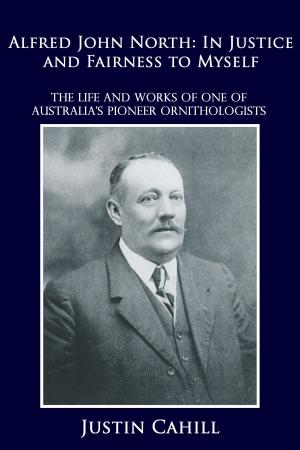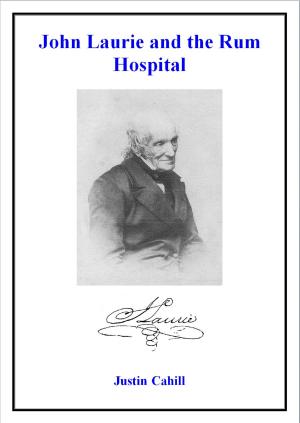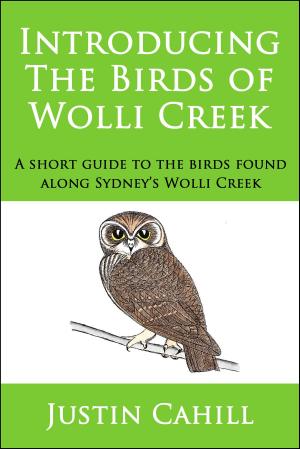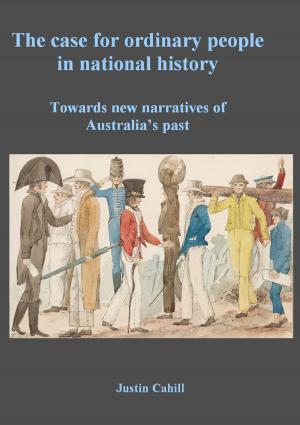A New Life in our History: the settlement of Australia and New Zealand: volume II Paradise Found ? (1830s to 1890s)
Nonfiction, History, Australia & Oceania| Author: | Justin Cahill | ISBN: | 9781311859136 |
| Publisher: | Justin Cahill | Publication: | April 23, 2014 |
| Imprint: | Smashwords Edition | Language: | English |
| Author: | Justin Cahill |
| ISBN: | 9781311859136 |
| Publisher: | Justin Cahill |
| Publication: | April 23, 2014 |
| Imprint: | Smashwords Edition |
| Language: | English |
This is the second part of A New Life in Our History, an account of the settlement of Australia and New Zealand told from the perspective of ordinary people.
By the 1830s, reformers opposed to transportation were promoting a more enlightened solution to Britain’s social and economic difficulties: systematic colonisation. The focus of their work included New Zealand, ruled by the Māori and already home to the Laurie family.
Paradise Found covers the Laurie’s days at Kawhia, their dealings with the local Māori and how the differences between Māori and Pākehā expectations of British settlement ultimately led to war.
It also follows the experiences of a number of other settlers eager to try their luck in the new social paradise, including the Edwards, Lang, Nicholson, Biggar and Harland families.
The Langs were among the first settlers of Canterbury, arriving on the Randolph, one of the 'First Four Ships' to the new colony. The Nicholsons were rescued from the Highland Clearances and shipped to Victoria on the Georgiana. Their arrival during the gold rush sparked the infamous Georgiana Mutiny.
The Otago gold rush ultimately brought the Nicholsons to New Zealand. Gold, and the wars in the North Island, also brought the Edwards family to the South Island. They were eventually joined by the Biggars and Harlands. The Biggars personify the choice facing many immigrants: where to go ? The family of Catherine Biggar’s brother, Peter McKay, had chosen Minnesota, which turned into a war zone when the Sioux Wars erupted. The Biggars chose the more distant, but safer option of Otago. After initially settling in Victoria, the Harlands also came to Otago.
Paradise Found concludes with the arrival of the enigmatic Norwegian seafarer, Peter Petersen and how the Langs, having opened the Golden Fleece Hotel, found themselves firmly in the sights of the local prohibition movement.
This is the second part of A New Life in Our History, an account of the settlement of Australia and New Zealand told from the perspective of ordinary people.
By the 1830s, reformers opposed to transportation were promoting a more enlightened solution to Britain’s social and economic difficulties: systematic colonisation. The focus of their work included New Zealand, ruled by the Māori and already home to the Laurie family.
Paradise Found covers the Laurie’s days at Kawhia, their dealings with the local Māori and how the differences between Māori and Pākehā expectations of British settlement ultimately led to war.
It also follows the experiences of a number of other settlers eager to try their luck in the new social paradise, including the Edwards, Lang, Nicholson, Biggar and Harland families.
The Langs were among the first settlers of Canterbury, arriving on the Randolph, one of the 'First Four Ships' to the new colony. The Nicholsons were rescued from the Highland Clearances and shipped to Victoria on the Georgiana. Their arrival during the gold rush sparked the infamous Georgiana Mutiny.
The Otago gold rush ultimately brought the Nicholsons to New Zealand. Gold, and the wars in the North Island, also brought the Edwards family to the South Island. They were eventually joined by the Biggars and Harlands. The Biggars personify the choice facing many immigrants: where to go ? The family of Catherine Biggar’s brother, Peter McKay, had chosen Minnesota, which turned into a war zone when the Sioux Wars erupted. The Biggars chose the more distant, but safer option of Otago. After initially settling in Victoria, the Harlands also came to Otago.
Paradise Found concludes with the arrival of the enigmatic Norwegian seafarer, Peter Petersen and how the Langs, having opened the Golden Fleece Hotel, found themselves firmly in the sights of the local prohibition movement.


